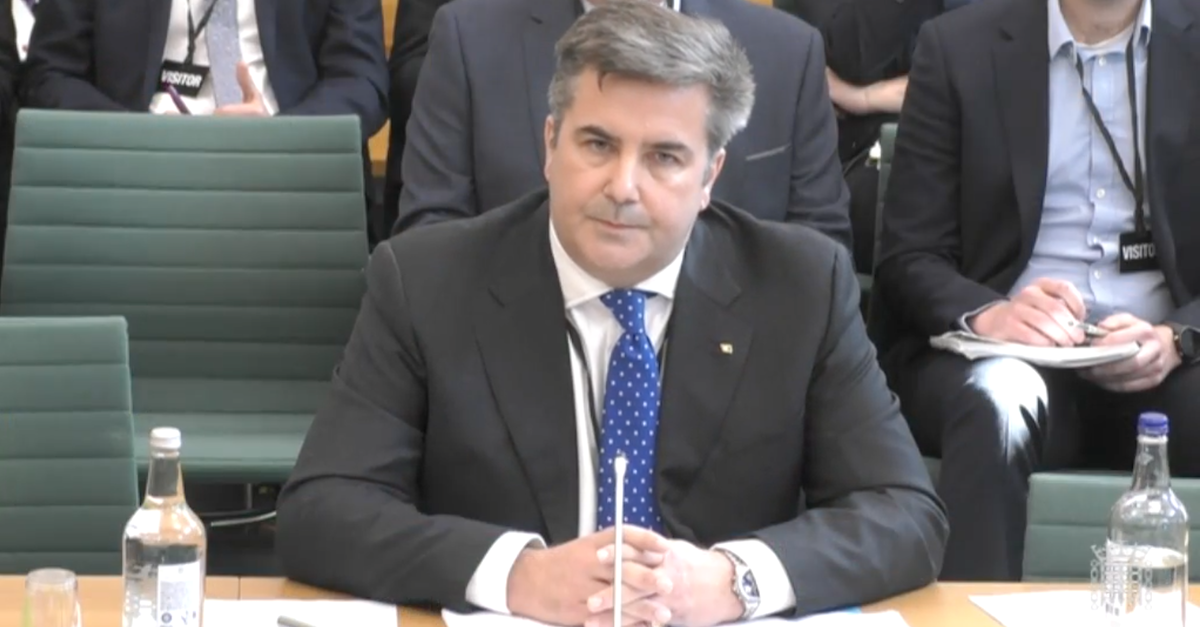End of furlough ‘not the cliff edge’ many feared
‘No point’ paying job retention costs to make staff redundant

The end of the government furlough scheme did not result in the “cliff edge” of redundancies many in the travel sector feared.
That is according to Travlaw partner and head of employment Ami Naru, who noted: “Keeping people on furlough was a continuing cost.”
Naru told the autumn general meeting of Aito the Specialist Travel Association: “There was no point keeping staff on furlough and then making them redundant.”
The government Jobs Retention Scheme ended on September 30, but employers had been required to pay a growing proportion of the wages of furloughed staff since July 1.
Naru noted: “A lot of people expected furlough to be a cliff edge, but it hasn’t been.”
She noted: “There are a lot of negotiations going on now about bringing people back. Some people are reducing their hours. Some are taking unpaid leave.
“There is a good appetite to negotiate between employers and employees because there is hope now things are turning for the future. [But] you need flexibility to bring people back as bookings pick up.”
Naru also questioned how long the current move towards working from home would continue.
She told Aito members: “The landscape is very different to pre-Covid. Working from home is here to stay for now.” But she forecast: “There will be a reversal in a couple of years.”
Naru noted: “No one has an automatic right to work from home. Staff can’t simply say ‘I worked from home for 18 months and I’m not coming back to the office’.
“The contractual position is likely to be that the office is the place of work.”
She noted employers can draw on eight statutory reasons to refuse an employee request to work from home, including an inability to meet customer demand or to cover the required working hours or the impact on performance.
Naru also noted there are issues with “how people working from home deal with clients’ data” and advised this “needs to be specified in policy”.
Asked what an employer could do if someone refuses to return to the office, she said: “If there is no public health or medical reason for not returning, this is likely to be a disciplinary and dismissal case.”
However, in the event that the government issues guidance again to work from home, employers would have to follow it. Naru said: “You have to follow local public health guidance. It will always prevail.”

 KickT
KickT 































